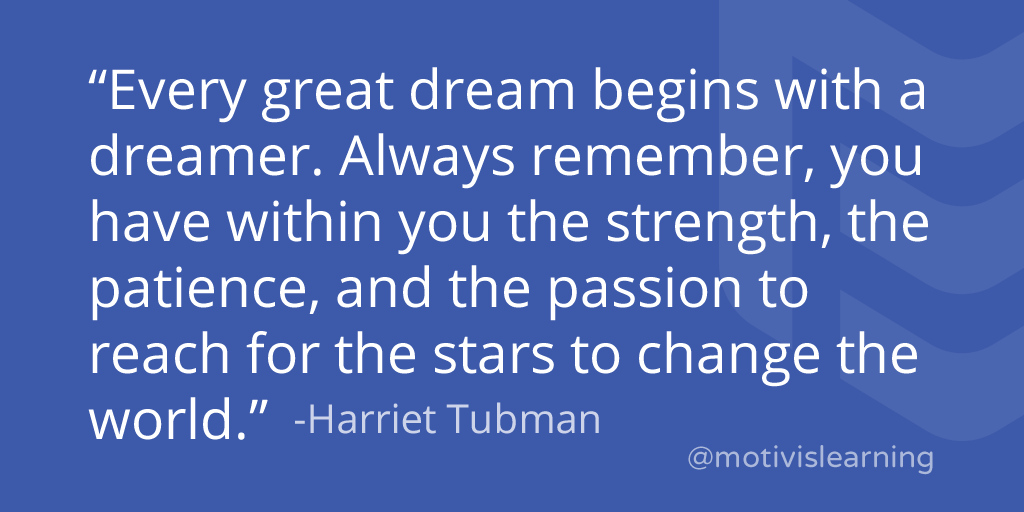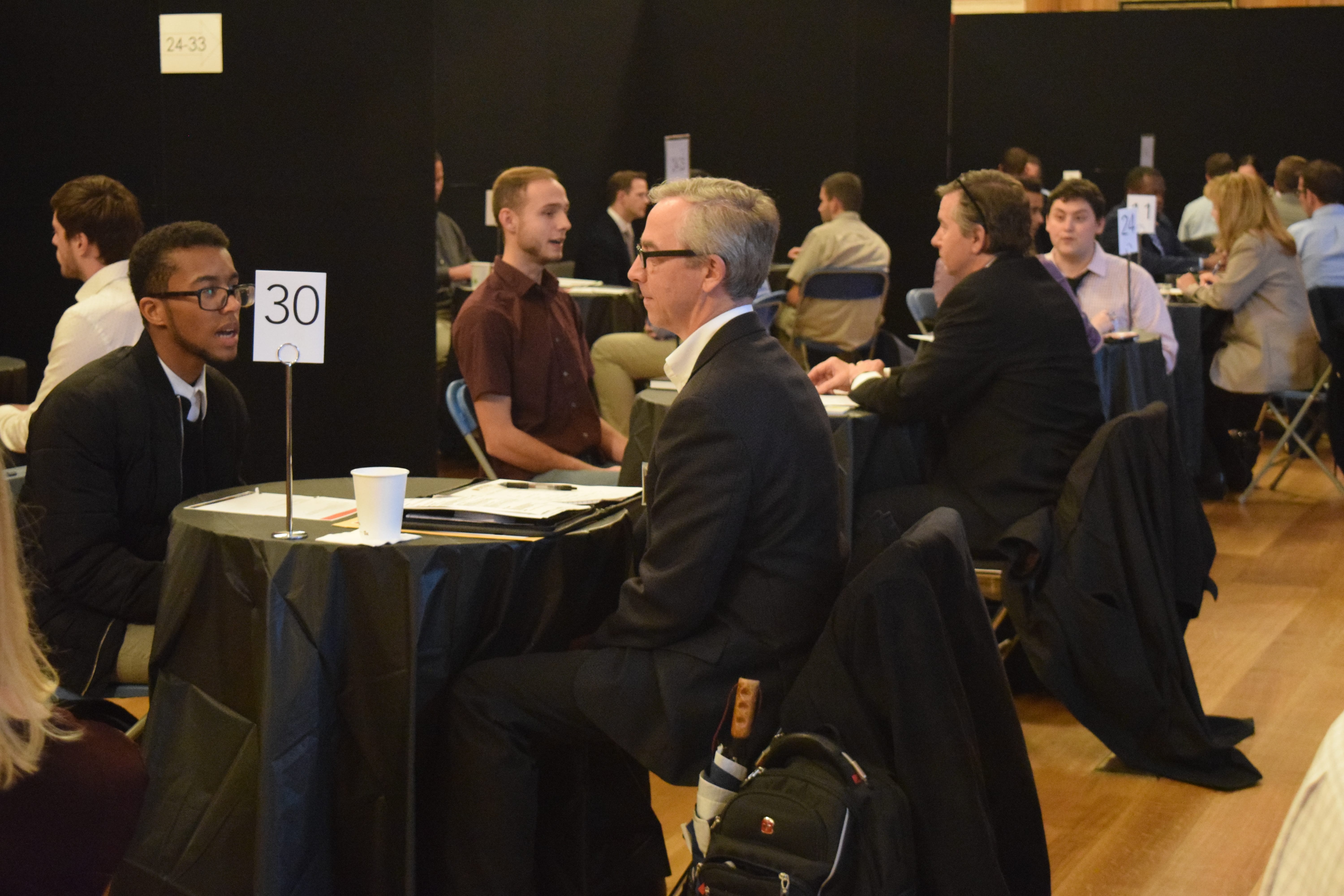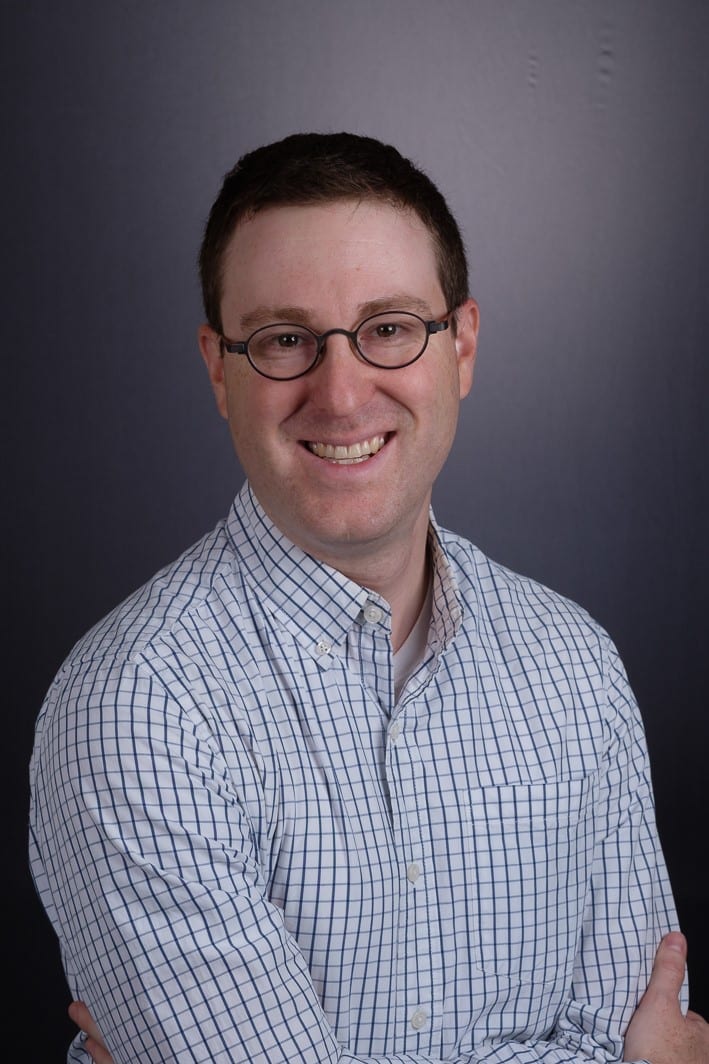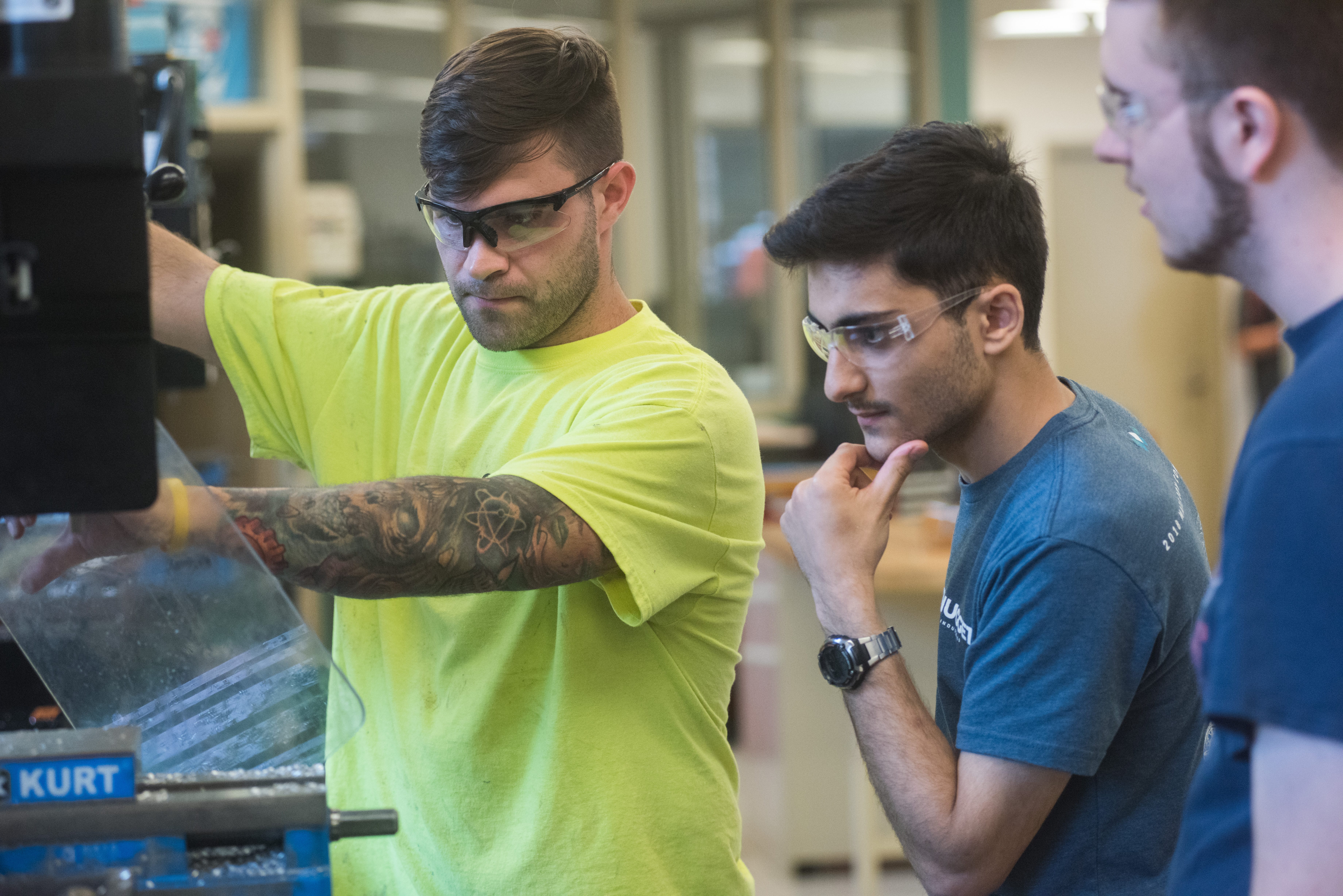A guest series by WIT Faculty: Aaron Carpenter
In a previous post, we discussed the basics of graduate school, focusing on the differences between degree programs. If you have not seen that post, check it out here.
In this post, I will share some hints on how to apply to graduate school. I have personally reviewed graduate applications at other institutions, so some of these hints are coming from my own experience. Other hints have come from a variety of other sources, including other professors, on whom you should rely to help. Through this process, make sure to talk to your career advisor and your academic advisors, as well as any professors willing to help.
Let’s get to the questions:
Before a student applies, how do they even know where to apply? Is it similar to applying to undergraduate programs?
- First choose an area in which you want to study. Ideally this is more specific than your undergrad major, but might not be. For this, think about the most interesting experiences you’ve had in courses, projects, jobs, or just general curiosity.Given this information, talk to your advisor, peers who have graduated, and professors in the field to get a sense of quality schools/programs.You can use national published rankings as an initial feature, but be more focused in your search.
- For example, department size in terms of students and faculty, location of the school, strength in specific areas, support structures and resources, and amount of research funding via grants).
- Now start checking websites for school Unlike in undergrad, you won’t be applying to the University as a whole, but instead a particular program. Thus, quickly delve into parts of the site focusing on the department, the research areas/labs therein, faculty, and course offerings. Some of the important details to note for specific labs are where graduates work, size of the labs, publishing activity, time to graduations, student jobs after graduation, and funding sources.
- As you narrow your programs to which to apply, choose those that have a specialty you are interested in, not just based on overall reputation.Be sure to have “safety” schools and “reach” schools: don’t reach with all your picks, but also don’t aim too low.
Now assuming students have a list of schools, should students send a resume? Similar to a job?
- Most schools will want a résumé or CV (curriculum vitae), to get an overall sense of credentials and course/work/project experience.For industry jobs you likely received the advice of keeping it down to a page –for graduate applications,it can be quite a bit longer (2-5 pages). The CV should contain: education history, job history, all relevant projects from courses or extra-curricular, memberships (IEEE, ACM, SWE, NSBE), all skills/qualifications, research interests, relevant courses taken, and any other academic/professional elements that will strengthen your candidacy (probably exclude “hobbies” unless they are relevant).While the base content will probably be the same across applications, you should reformat based on individual schools/labs as appropriate; you may want to reorder projects or skills to be tailored to a specific school/lab.There are numerous templates and examples online, but you should talk to available resources on your campus (CO-OP +CAREER Center and advisors).
What else do people need when they apply?
- There is usually a personal statement or a statement of purpose. This is somewhat like a graduate school version of a cover letter. It is your opportunity to explain why you want a graduate degree from that school in that topic, and why YOU are suited to it. Use this document to provide details on resume items (like, what a project taught you, how it prepared you, how it applies to that program/lab). Try to stand out a bit; these get boring when faculty read a bunch of them at once. Grammatical errors are a non-starter; readers will just put it down and move on, so PROOFREAD.
- Again, the base can be quite similar across applications, but you will likely specialize at LEAST the school/lab name (be sure not to forget!), but ideally also call out individual faculty that might offer a course (Master’s) or advise research related to your interests (PhD). This specificity will help the graduate committee steer your application to the right people for evaluation.
Will students need references?
- Yes, and the writers are usually 3-4 academic people (professors, instructors, department chairs, research advisor, academic advisor). You can get a boss or supervisor, if they can speak strongly to your project/research experience, but focus on academics. A good letter gets into specifics at length – so choose individuals that know you and your work/abilities beyond attendance or a grade in a class.
- Give time for this; don’t wait until the last second. Ideally meet with each writer a couple months out, provide them with the list of programs and associated deadlines, as well as best drafts of your supporting materials. You may offer points for them to focus on. As the deadlines approach, be sure to monitor progress and respectfully provide infrequent reminders (faculty get busy and can forget!).
Most programs will require GRE scores (also TOEFL for international students). How should students prepare for these?
- Think of this as the SATs for grad school. Take it as early as you can, and you can take it more than once (though you will need to pay for each time). As with SATs, you will have the scores sent to the schools directly, but you may also list the scores on the resume/application as well.
- These are taken on a computer, so you will know some scores by completion of the exam. The test is also adaptive based upon your responses – be sure to read up on the test and practice ahead of time.For technical fields, the Math component matters more (and will likely have higher requirements), but verbal/writing ability is also important (especially for PhD). The verbal scores could impact your placement in terms of teaching assistantships.
- You will also need your school to send official transcripts to each program.
When should students be applying? When should you start?
- If you are potentially interested in research, try to find an opportunity as early as possible in undergrad to gain some experience. Talk with professors in your classes as a starting point.
- In your junior/early senior year you should focus on finding schools of interest and taking GREs.
- In the fall of your senior year you need to arrange for recommendation letters early, and expect to submit all the materials by November/December.
In the spring of your senior year you will begin receiving acceptance/rejection notices (typically January-March). Many PhD programs will offer visits to try to convince you to join their program, although sometimes there may be intermediate interview stages. Official decisions typically occur in early-mid April.
If all works out, you’ll be attending a graduate program in the coming Fall!
What do you do after you have submitted?
- Sort of like getting a job, you should follow up. Keep your eyes open for emails or phone calls; reach out to faculty and departments.
- In the end, choose based on school reputation, job opportunities, research opportunities, funding/cost, and overall feel – trust your gut 🙂
For more questions regarding the application process, make an appointment with your Co-op + Career Advisor by calling the front desk at 617 989 4101.
Fall 2018 WITwear Hours: Mon – Thurs 5 PM – 8 PM, Fri 10 AM – 3 PM










